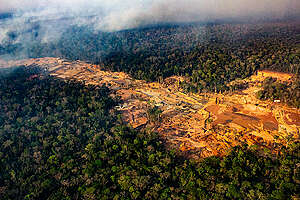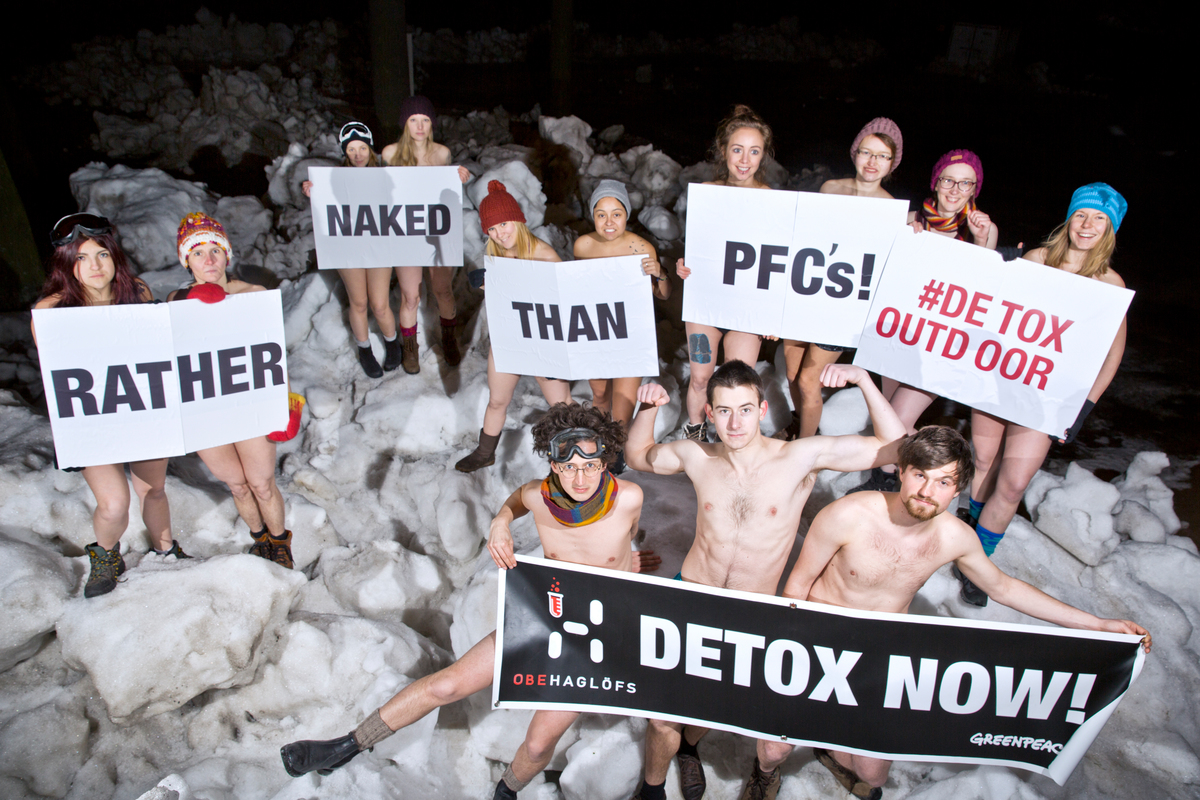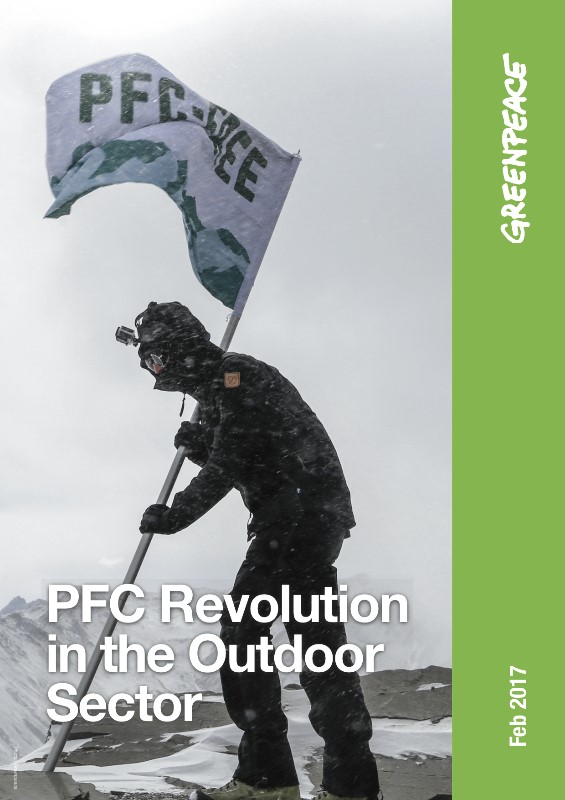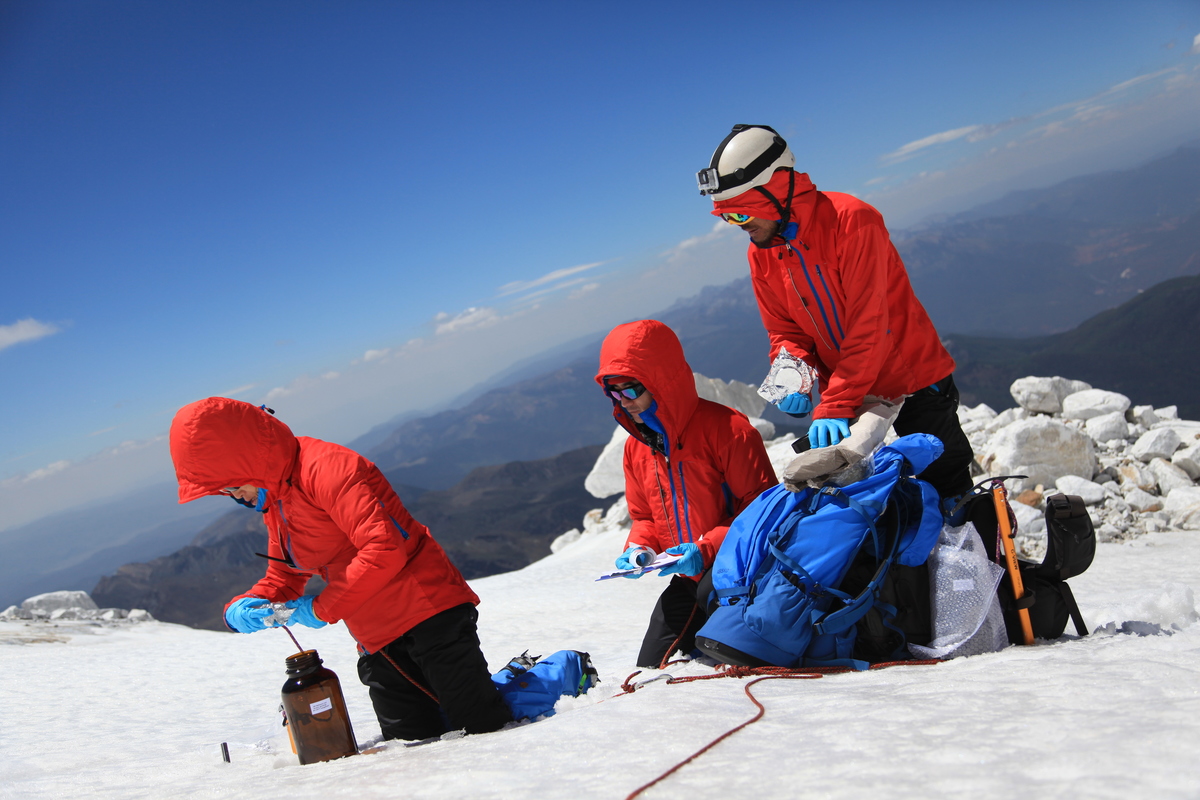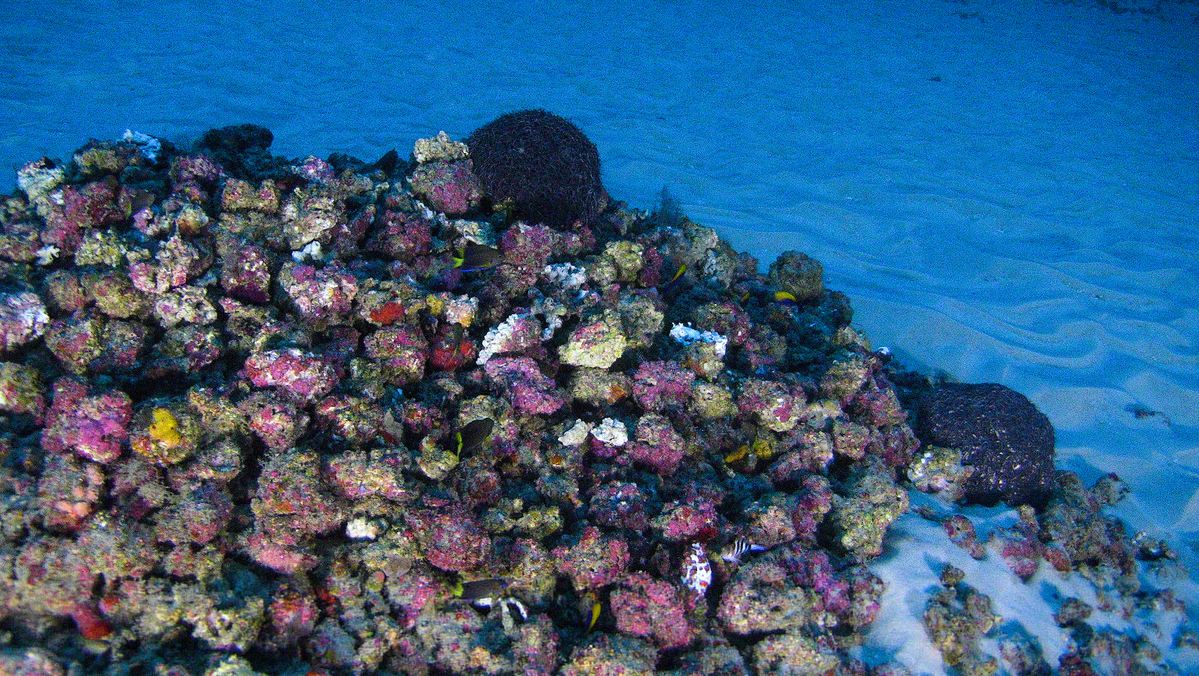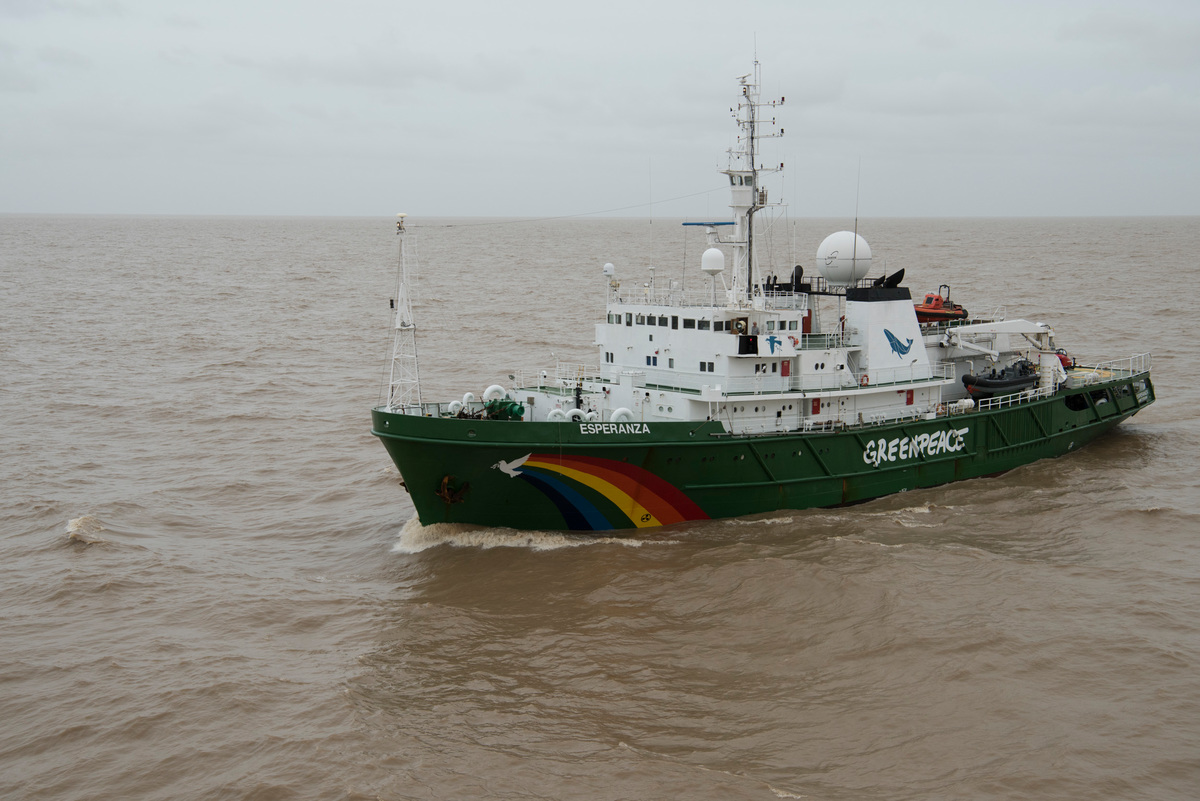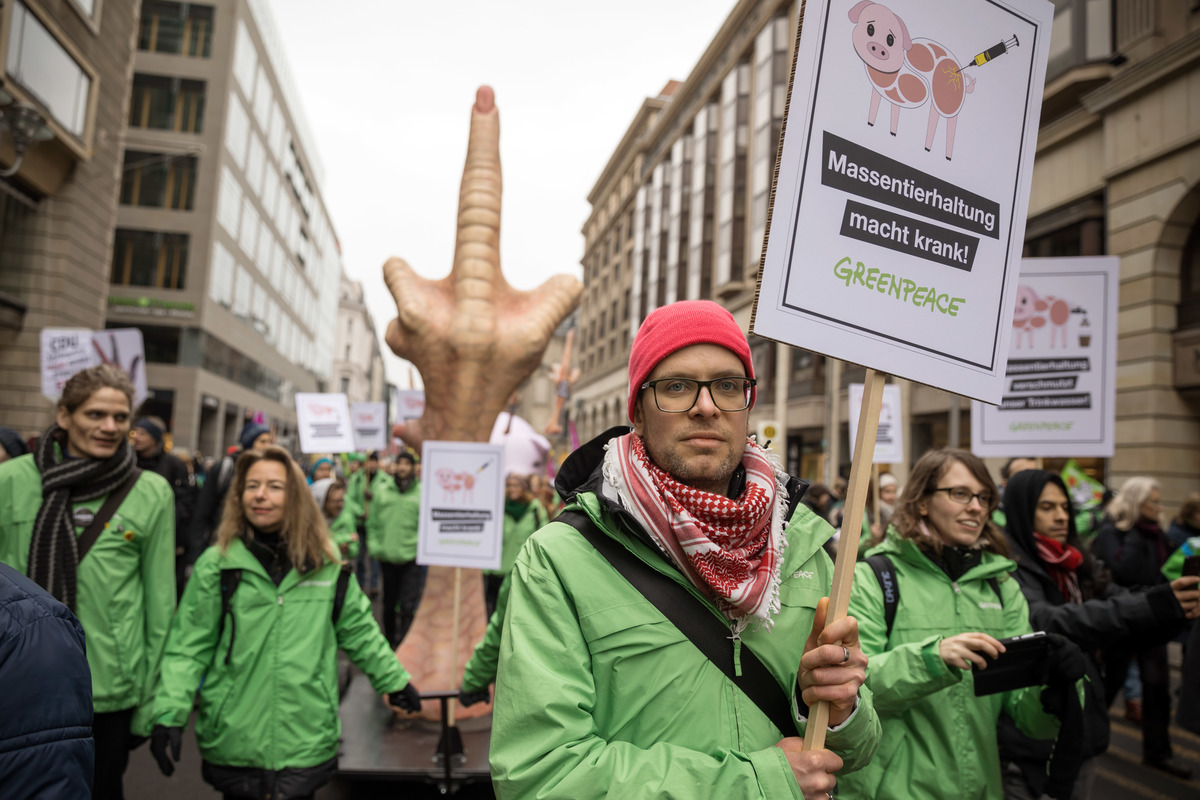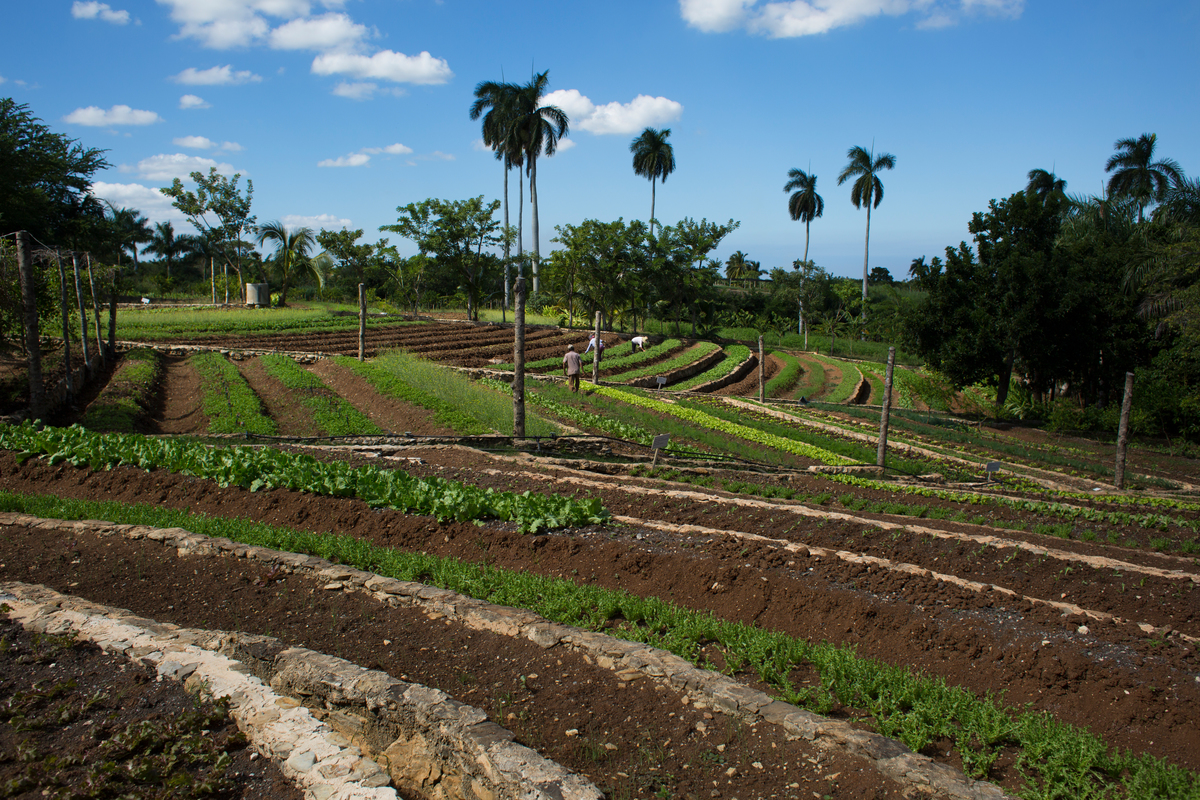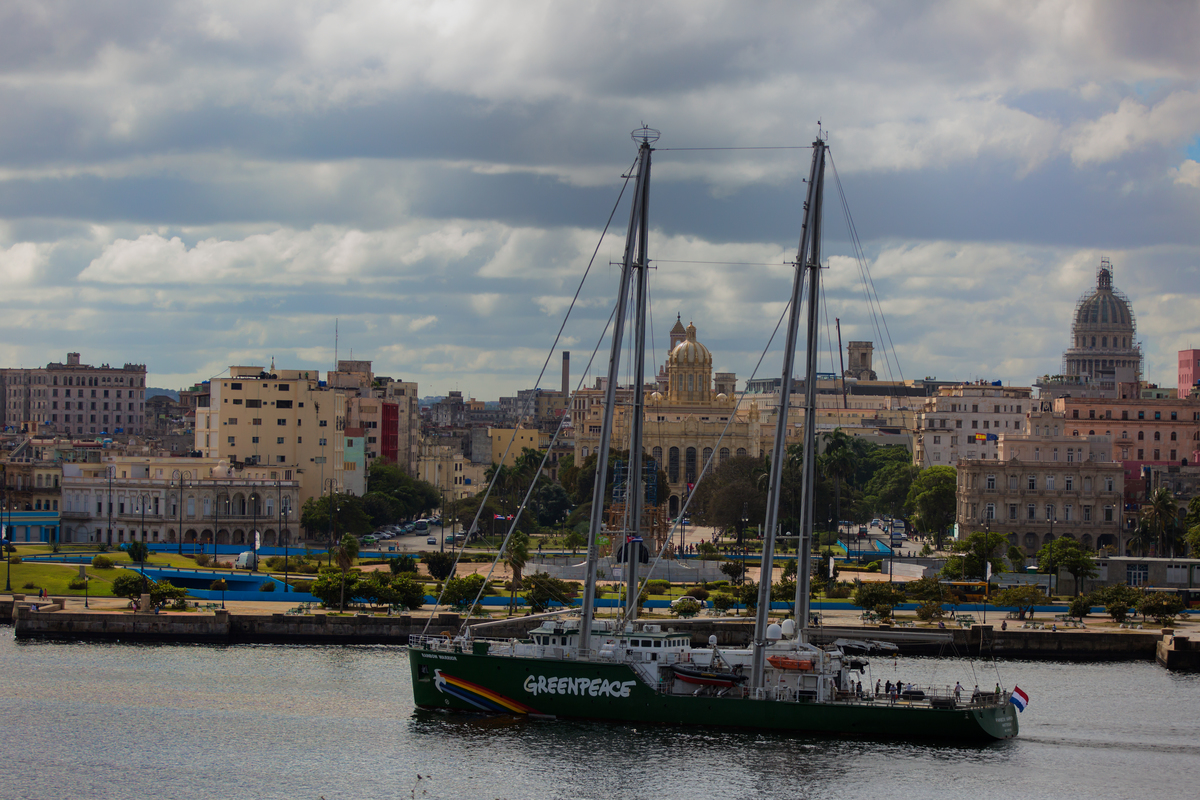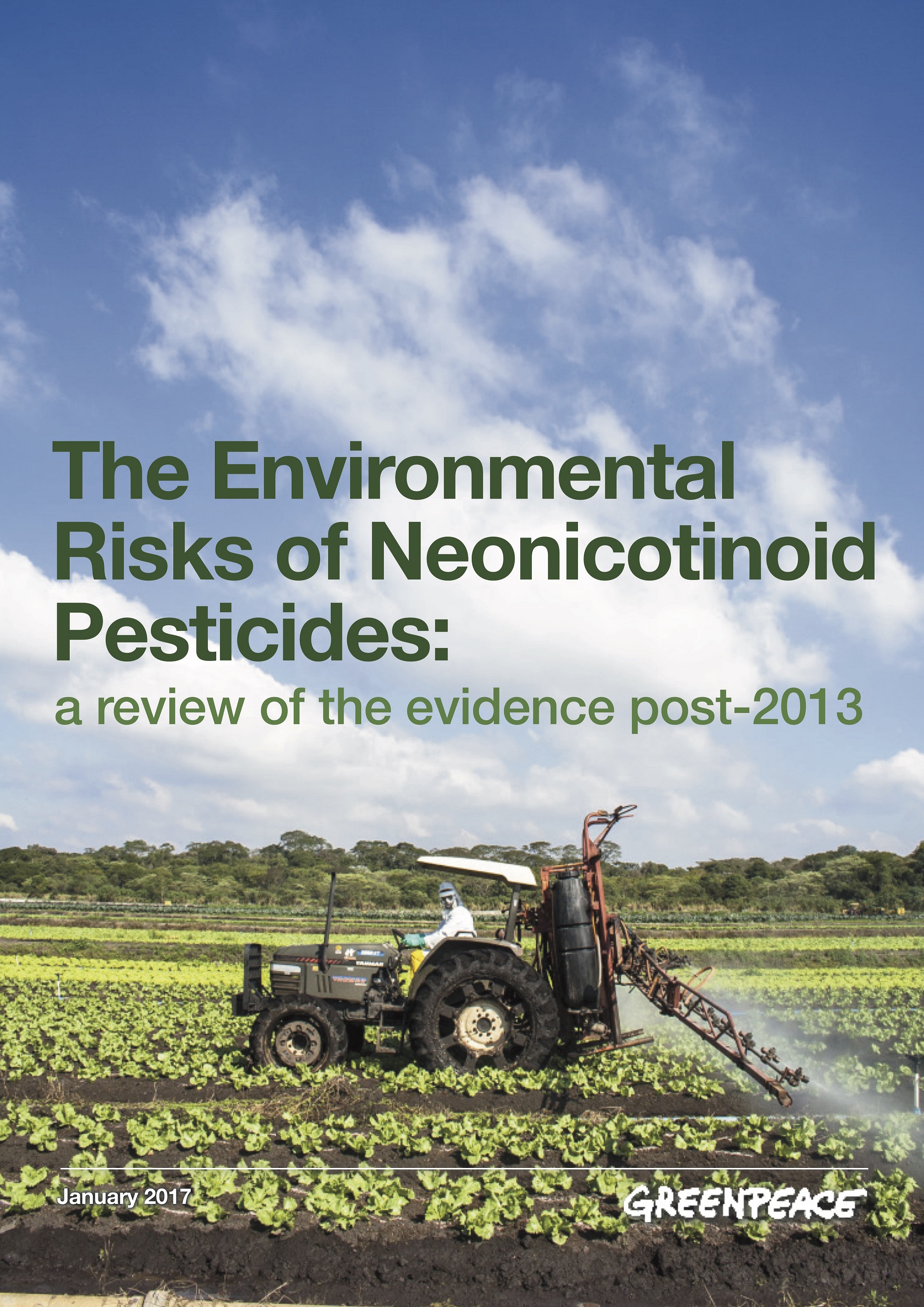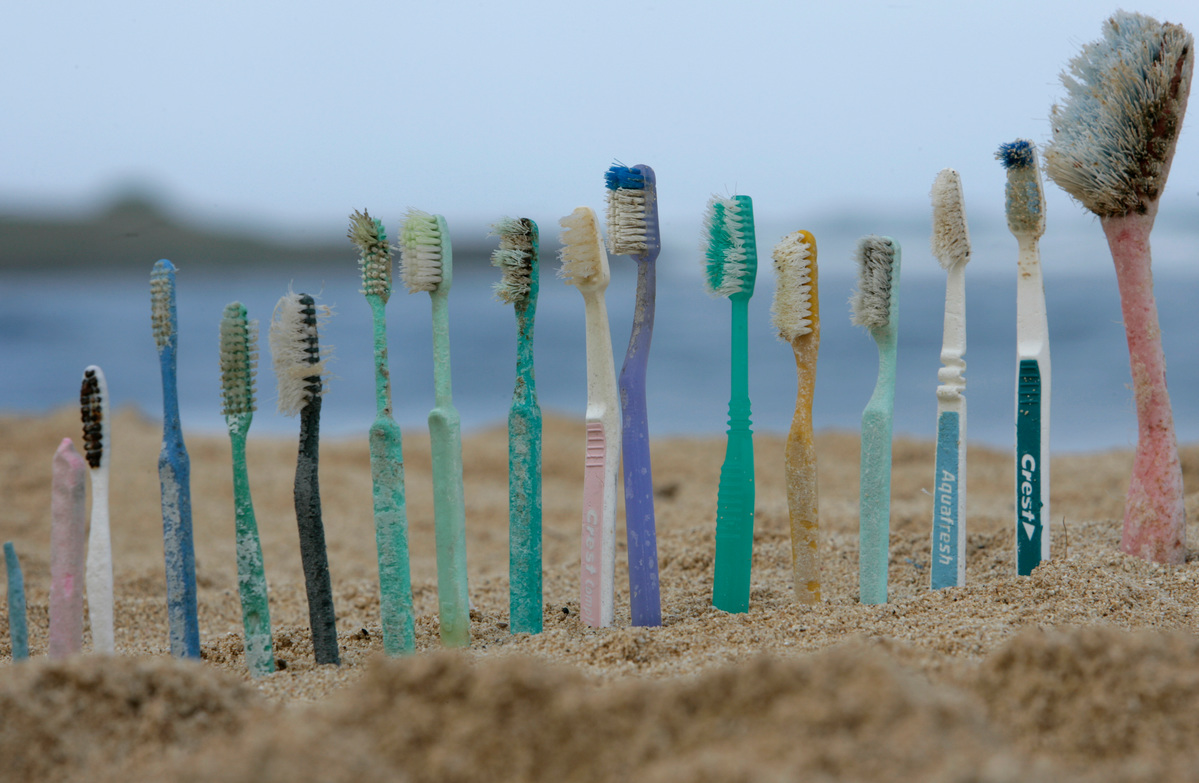All articles
-
Greenpeace captures first underwater images of Amazon Coral Reef
Amapá state, Brazil, 28 January 2017 - Greenpeace Brazil has captured the first underwater images of the Amazon Reef, a 9500 km2 system of corals, sponges and rhodoliths located where the Amazon River meets the Atlantic Ocean – an area that the Brazilian government has opened for oil exploration.

